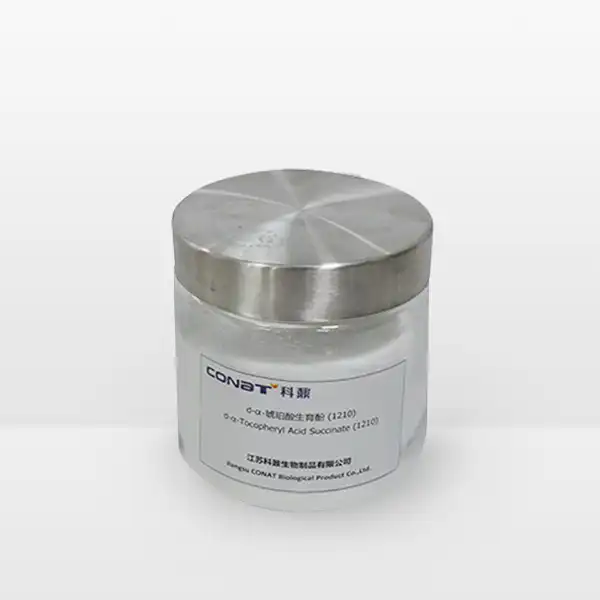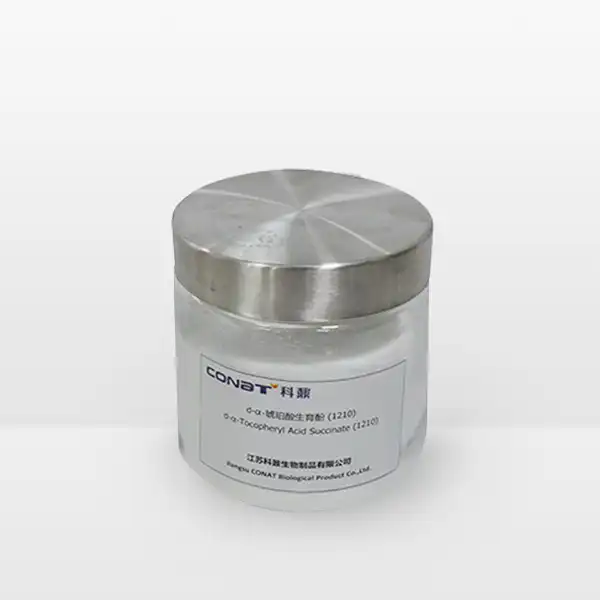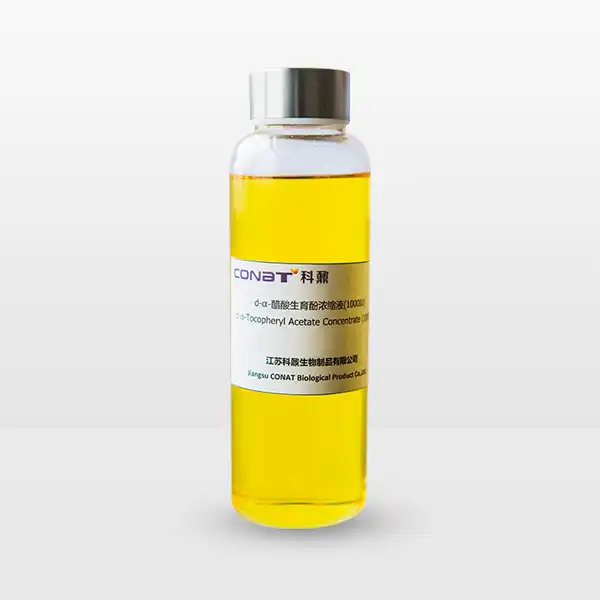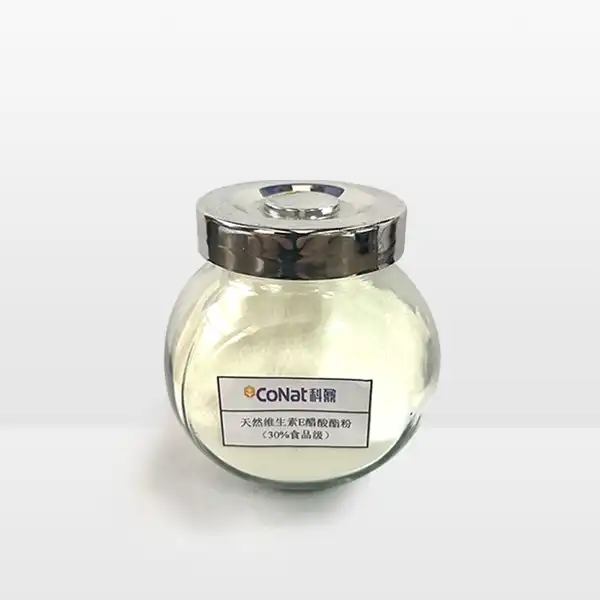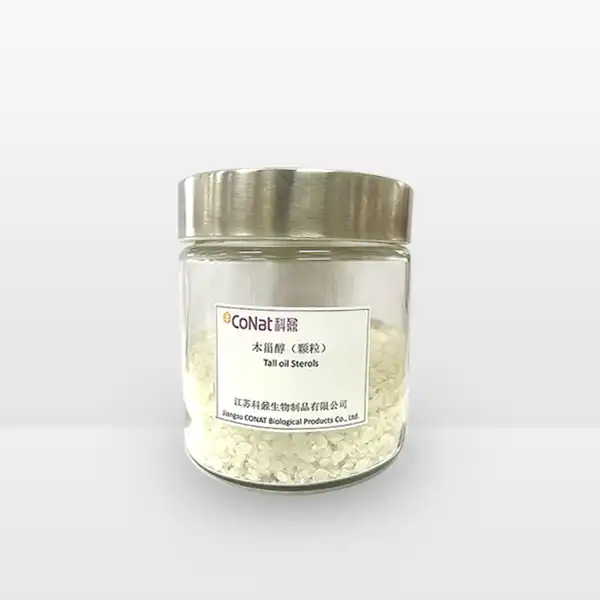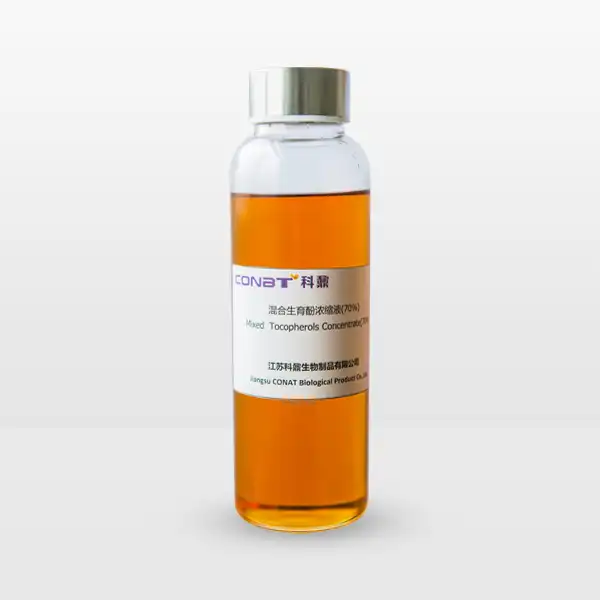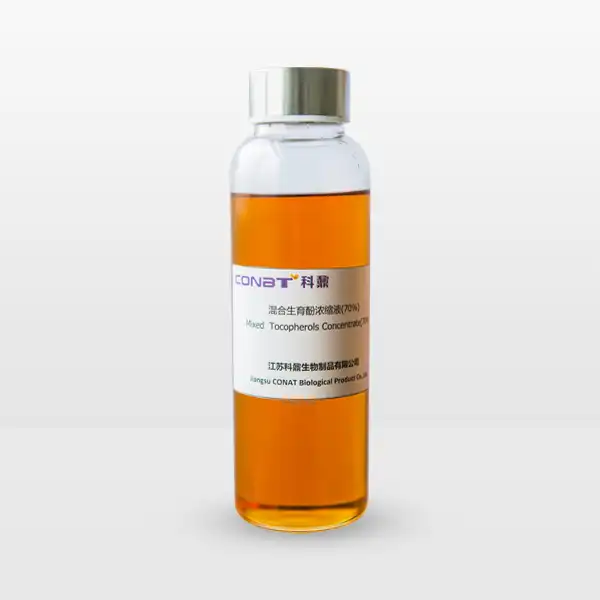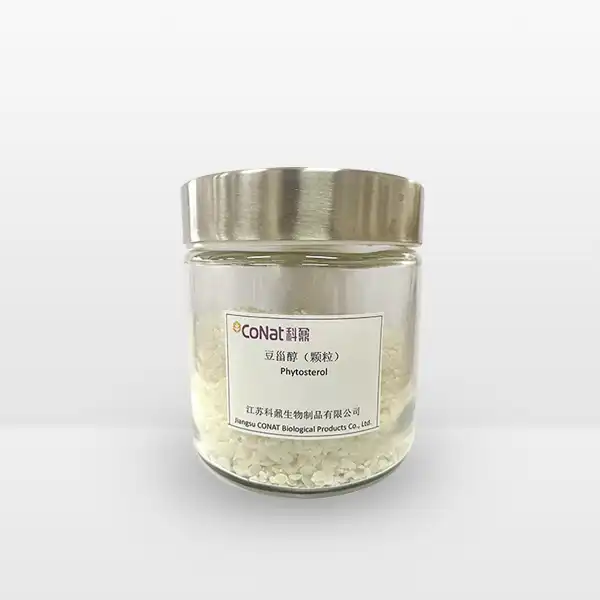- English
- French
- German
- Portuguese
- Spanish
- Russian
- Japanese
- Korean
- Arabic
- Greek
- German
- Turkish
- Italian
- Danish
- Romanian
- Indonesian
- Czech
- Afrikaans
- Swedish
- Polish
- Basque
- Catalan
- Esperanto
- Hindi
- Lao
- Albanian
- Amharic
- Armenian
- Azerbaijani
- Belarusian
- Bengali
- Bosnian
- Bulgarian
- Cebuano
- Chichewa
- Corsican
- Croatian
- Dutch
- Estonian
- Filipino
- Finnish
- Frisian
- Galician
- Georgian
- Gujarati
- Haitian
- Hausa
- Hawaiian
- Hebrew
- Hmong
- Hungarian
- Icelandic
- Igbo
- Javanese
- Kannada
- Kazakh
- Khmer
- Kurdish
- Kyrgyz
- Latin
- Latvian
- Lithuanian
- Luxembou..
- Macedonian
- Malagasy
- Malay
- Malayalam
- Maltese
- Maori
- Marathi
- Mongolian
- Burmese
- Nepali
- Norwegian
- Pashto
- Persian
- Punjabi
- Serbian
- Sesotho
- Sinhala
- Slovak
- Slovenian
- Somali
- Samoan
- Scots Gaelic
- Shona
- Sindhi
- Sundanese
- Swahili
- Tajik
- Tamil
- Telugu
- Thai
- Ukrainian
- Urdu
- Uzbek
- Vietnamese
- Welsh
- Xhosa
- Yiddish
- Yoruba
- Zulu
What is Natural Vitamin E Powder for Feed?
Natural vitamin E powder for feed represents a critical nutritional supplement in animal nutrition, offering a concentrated and bioavailable form of essential antioxidants crucial for maintaining optimal health and performance across various livestock and aquaculture species. This comprehensive exploration delves into the multifaceted aspects of natural vitamin E powder, examining its composition, significance, applications, and transformative potential in animal feed formulations.
How Does Natural Vitamin E Powder Enhance Animal Nutrition and Performance?
Natural vitamin E powder emerges as a sophisticated nutritional intervention that transcends traditional feed supplementation strategies. Derived from plant-based sources such as vegetable oils, wheat germ, and sunflower extracts, this specialized powder represents a concentrated reservoir of tocopherols and tocotrienols—the bioactive components of vitamin E. Unlike synthetic alternatives, natural vitamin E powder offers a more complex and synergistic molecular profile that aligns perfectly with the intricate metabolic requirements of various animal species.
The enhancement of animal nutrition through natural vitamin E powder manifests through multiple physiological pathways. At the cellular level, these potent antioxidants neutralize free radicals, mitigating oxidative stress that can compromise livestock productivity and overall health. For livestock such as cattle, poultry, swine, and aquaculture species, this translates into tangible performance improvements. Improved immune function, enhanced reproductive efficiency, and optimized metabolic processes become measurable outcomes of strategic vitamin E supplementation.
Advanced nutritional research has uncovered increasingly nuanced benefits of natural vitamin E powder in animal feed formulations. Precision agriculture techniques now leverage sophisticated metabolomic analyses to demonstrate how these supplements interact with genetic predispositions of different animal breeds. For instance, specialized breeding lines in dairy cattle show marked improvements in milk production quality and quantity when supplemented with carefully formulated natural vitamin E powders.
The molecular complexity of natural vitamin E extends beyond simple antioxidant protection. Emerging studies in animal nutrition reveal its role in epigenetic modulation, suggesting that strategic supplementation can influence gene expression related to growth, stress resistance, and metabolic efficiency. This represents a paradigm shift from viewing vitamin E as a mere nutritional supplement to understanding it as a sophisticated biological regulator.
Environmental adaptation presents another critical domain where natural vitamin E powder demonstrates remarkable efficacy. Animals raised in challenging environments—whether extreme temperatures, high-stress agricultural settings, or regions with limited nutritional resources—show enhanced resilience when supplemented with these specialized nutritional interventions. The powder's ability to support cellular protection mechanisms becomes particularly crucial in mitigating environmental stressors.
Why Are Natural Vitamin E Sources Superior to Synthetic Alternatives in Animal Feed?
The superiority of natural vitamin E sources in animal feed stems from their intrinsic molecular complexity and biological compatibility. While synthetic vitamin E (all-rac-alpha-tocopherol) represents a racemic mixture of stereoisomers, natural vitamin E powder contains predominantly d-alpha-tocopherol—the most biologically active form recognized and metabolized efficiently by animal physiological systems.
Comparative biochemical studies consistently demonstrate the enhanced retention and utilization of natural vitamin E compared to synthetic variants. The human equivalent research provides compelling evidence that natural vitamin E exhibits approximately 1.5 times greater biological activity than synthetic formulations. This principle extends seamlessly to animal nutrition, where precise metabolic interactions determine nutritional efficacy.
Technological advancements in spectroscopic and chromatographic analyses have enabled researchers to map the intricate molecular interactions of natural vitamin E sources with animal physiological systems. These sophisticated analytical techniques reveal how the complex mix of tocopherols and tocotrienols in natural sources create a synergistic effect that synthetic alternatives cannot reproduce. The nuanced interactions extend beyond simple antioxidant protection, encompassing complex signaling mechanisms at the cellular and molecular levels.
Economic modeling in precision agriculture increasingly validates the long-term benefits of natural vitamin E supplementation. While initial procurement costs might appear marginally higher, comprehensive lifetime performance metrics demonstrate substantial returns on investment. Reduced veterinary interventions, improved reproductive efficiency, and enhanced meat or dairy quality create a compelling economic narrative that transcends simple nutritional supplementation.
What Are the Key Mechanisms of Natural Vitamin E in Supporting Animal Health?
Natural vitamin E powder operates through sophisticated cellular mechanisms that extend far beyond traditional nutritional supplementation. As a potent lipid-soluble antioxidant, it plays a pivotal role in protecting cellular membranes from oxidative degradation, a critical function across diverse physiological systems in livestock and aquaculture species.
Immunological modulation represents one of the most significant mechanisms of natural vitamin E. By mitigating oxidative stress and supporting inflammatory responses, these supplements enhance immune cell functionality. Advanced immunological research demonstrates improved antibody production, enhanced macrophage activity, and more robust T-lymphocyte responses in animals receiving strategic vitamin E supplementation.
Precision molecular imaging techniques have revealed the intricate ways natural vitamin E interacts with cellular membrane structures. These supplements do not merely provide passive protection but actively participate in membrane stabilization, signal transduction, and cellular communication processes. The lipid-soluble nature of vitamin E allows it to integrate deeply into cellular membranes, creating a dynamic protective environment that supports overall cellular resilience.
Reproductive health emerges as another crucial domain where natural vitamin E demonstrates profound physiological impact. In male animals, it supports spermatogenesis by protecting sperm membrane integrity and reducing oxidative damage. Female reproductive systems benefit through improved follicular development, enhanced embryonic survival rates, and more consistent reproductive cycles.
Cutting-edge research in animal nutrition is exploring the potential of natural vitamin E powder in addressing complex physiological challenges. Ongoing studies investigate its role in mitigating age-related cellular degradation, supporting cognitive function in aging livestock, and potentially modulating genetic expression related to longevity and performance.
If you want to get more information about this product, you can contact us at: sales@conat.cn.
References
1. National Research Council. (2016). Nutrient Requirements of Beef Cattle.
2. Surai, P.F. (2018). Natural Antioxidants in Poultry Nutrition.
3. EFSA Panel on Additives and Products or Substances used in Animal Feed. (2017). Scientific Opinion on Vitamin E.
4. Traber, M.G. (2014). Vitamin E Inadequacy in Humans.
5. Hardy, G. (2015). Nutraceuticals and Functional Foods.
6. Zeisel, S.H. (2017). Nutrition in Animal Health.
7. Bowman, B.A., & Russell, R.M. (2016). Present Knowledge in Nutrition.
8. Food and Agriculture Organization. (2018). Nutritional Guidelines for Animal Feed.
9. World Health Organization. (2019). Micronutrient Deficiencies in Animal Nutrition.
10. International Dairy Federation. (2017). Nutritional Supplements in Livestock.
